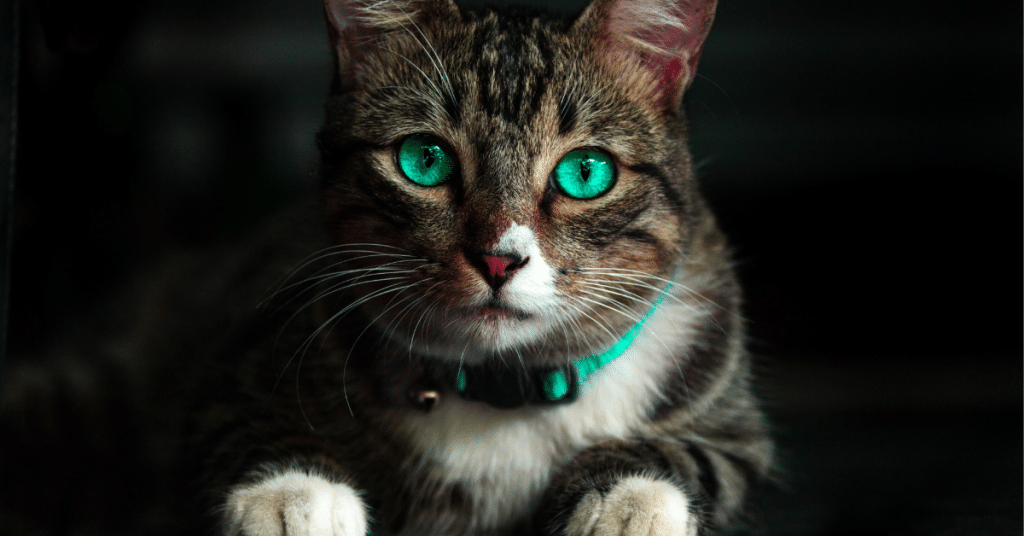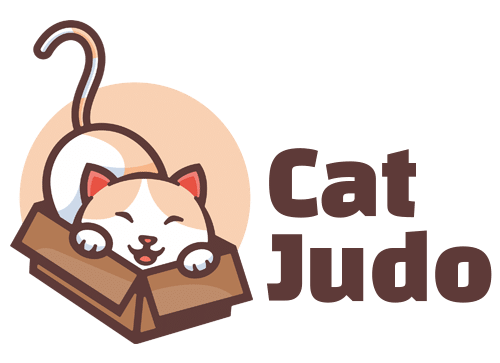Does your cat seem too thin? What are the best foods to fatten up a cat?
Despite obesity being a significant health issue among cats, many of them are underweight as well. The process of gaining weight for cats can also be tricky, similar to losing weight. There’s more to it than just changing the portion size of food.
We’ve compiled a few tips to help you help your cat gain weight safely and healthily.
Why is your cat thin?
In order to provide food to fatten up your cat, you have to identify the reasons why. Is your cat a mom to kittens? It’s possible she burns calories, even just feeding them.
In some cases, she could have a parasite inside her that digests her food, or perhaps a tooth has been knocked out in a fight. Has your cat reached old age? Your cat might be suffering from a disease, or it might be losing its appetite for no apparent reason. A very young cat can burn a lot of calories in a short period of time. It may be that a cat is not in the mood to eat when it is depressed or stressed out.
These are just some of the reasons why your cat is losing weight. Don’t make drastic changes to your cat’s diet without consulting a veterinarian first.
The ideal weight for your cat
Before starting your cat on a weight-gain diet, knowing your cat’s ideal weight is crucial, as it can be easy for them to overeat and become overweight, leading to a variety of health complications. Ask your veterinarian what your cat’s ideal weight should be and how to increase it within a reasonable timeframe.
Diet plan for your cat
Identifying the cause of your cat’s weight gain will allow you and your veterinarian to begin weight gain treatment. If your cat is of older age or has specific medical needs, your veterinarian will likely have specific suggestions for you.
The best results will likely be achieved if your cat’s diet is tailored to his or her specific medical condition. As part of your pet’s treatment, your veterinarian should also determine the ideal weight for your cat and can do regular weigh-ins to ensure your plan is effective.
Calorie intake is not the only factor that contributes to a cat’s return to health. It is crucial not to overwhelm your cat’s digestive system when he or she is gaining weight after losing weight due to illness. To provide weight gain while addressing the unique concerns related to the condition, diets for specific conditions are customized to provide the appropriate macronutrients and micronutrients. Cats have more sensitive digestion than humans, which results in stomach upsets and weight loss due to food variety.
A weight-gain diet should also be balanced with nutrients to avoid aggravating their health system. Cats, for example, may gain weight by eating fats that are energy-dense, but they may also suffer from diarrhea when eating fats that are more energy-dense. A high-quality and highly digestible protein is also needed for cell growth, which will reduce the system’s workload.
Your cat’s diet during weight-gain
Just giving your cat more of its current food won’t help him gain weight. Large portions may be difficult for their system to handle, and they probably won’t eat any of it. It may also be challenging to provide your cat with the specific nutrition balance necessary to gain weight or recover from illness after eating extra food portions. Rather than a specific diet with added prebiotics, they could benefit from a diet that rebalances the gastric microflora and strengthens their digestive system.
A high energy density should be present in a cat’s weight-gain food. As a result, your cat eats less but still gets all the nutrition it needs. Additionally, it should be highly palatable and easy to eat so that your cat is more likely to consume it. Correctly sized kibble or softer textures will encourage your cat to consume it.
How to feed a cat to help them gain weight
The more comfortable and stress-free a cat feels at mealtime, the more likely it is to eat regularly and gain weight. This can be accomplished in a variety of ways, such as:
- Putting down smaller meals throughout the day instead of putting down a large meal at once
- Cooking their food at a high temperature will release the aromas and encourage their appetites
- Cats can find watching them eat stressfully, so try to avoid watching them
- Make sure their favorite bowl is easily accessible and consider what they like to eat from
- To mimic what they would do in the wild, separate their food, litter, drinking areas, and playing areas
- Consider prescription appetite-stimulants for your cat when talking to your veterinarian

Cat food recommendation
There are several cat foods that you can feed your cat, including:
Nature’s Variety Instinct Original Grain-Free Real Chicken Pâté
Featuring 95 percent animal protein, zero grains, and no artificial additives, this high-calorie wet food formula provides protein from chickens, turkeys, and chicken liver.
Solid Gold Indigo Moon High-Protein Cat Food
In each cup of this recipe, 42 percent of the ingredients are protein, and 20 percent of the ingredients are fat. It has over 450 calories per serving, made with Alaskan wild pollock as the main ingredient.
Nulo Freestyle Grain-Free Chicken and Cod Recipe
There are a whopping 486 calories per cup in this grain-free dry food that also has 40 percent protein and 20 percent fat.
Wellness CORE Grain-Free Chicken, Turkey, and Chicken Liver Canned Food
Cats will love this energy-dense canned food made from real chicken, turkey, and chicken liver.
Conclusion
Trying to fatten up a cat is a rare problem. However, it does not mean that it is impossible. Many factors might be the reason behind your cat’s weight problem, so be sure to consult your veterinarian first for the best meal plan for your cat.
